5 USU History Alumni Find Positions at the Church History Libraries in Salt Lake City
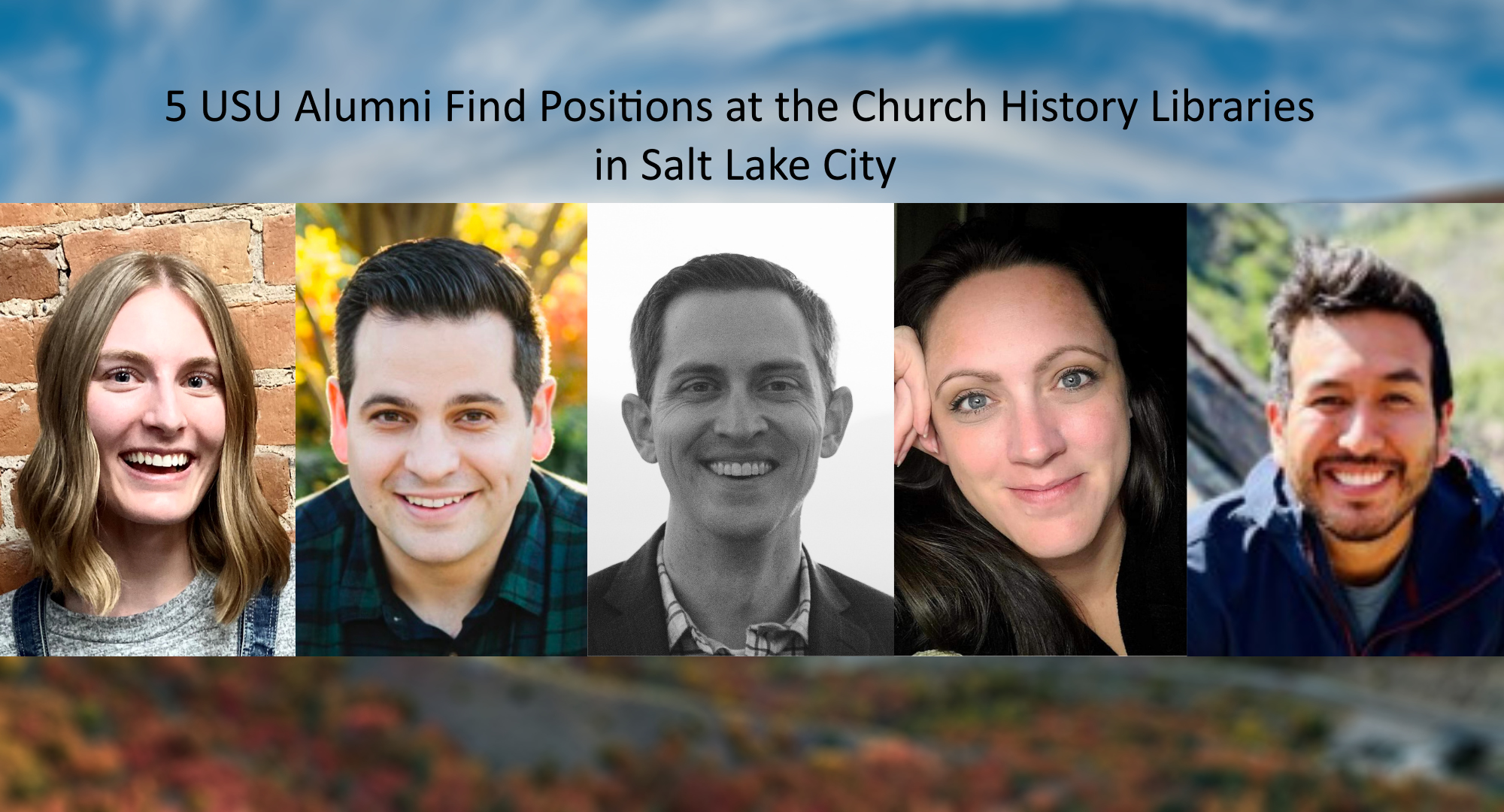
Emily Crumpton
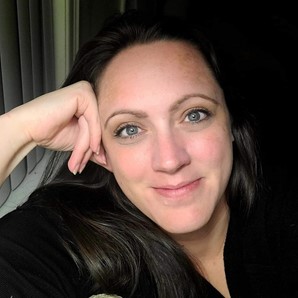
Research Consultant & Content Manager for the Pioneer Database
1. How did you History degree help prepare you for your current position at the Church History Department?
My history degree has prepared me in many ways for my current position at the Church History Library. One of the most important skills that I developed at USU was professional networking. By attending and presenting at conferences, I got to know other scholars at different institutions. Although I did not study Church history while at USU, knowing how to network (in person and through written communication) has allowed me to connect with some important scholars. I may not know answers to questions, but I know people who do! After all, doing history is not about knowing all the answers off the top of your head. It is knowing where to find the answers. Becoming familiar with other scholars and their areas of expertise allows me to help researchers and library patrons find answers to their research questions.
2. What is a fun or impactful memory from your time in the History Program?
I have a lot of wonderful memories from the History Program. It’s difficult to pick just one.
Being able to attend the AHA Conference in Denver in January 2017 was a lot of fun. Valerie Jacobson and I both attended the conference. Dr. McInerney received an award at that conference for his work with the Tuning Project. It was a privilege to see his receive that recognition for his work.
I also greatly enjoyed my historical theory class. Dr. Sanders taught the class that semester. His teaching style coupled with the personalities of the others in the class made the course exciting. Much of what I learned in that course influenced how I develop historical arguments and interact with various sources. I still have all my books from that course. I still frequently refer to several of them.
3. What advice would you give current History majors?
Remember, your thesis does not need to be perfect. It just needs to be complete.
Brian Passantino
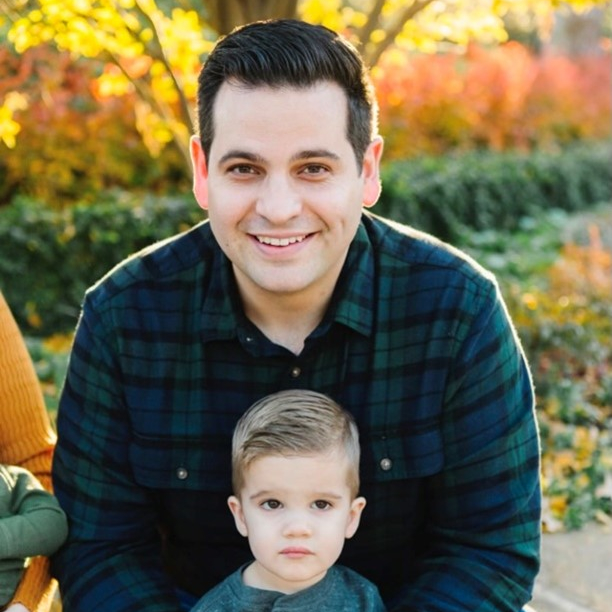
Church History Conultant Assistant, Church History Library
1. How did you History degree help prepare you for your current position?
My MA degree from USU taught me how to have conversations with a purpose. Many times I had multiple ideas floating around my head about what I wanted to write about or research. Speaking with the faculty and my fellow students taught me how to craft a coherent narrative and narrow down my research to something digestible and relevant.
2. What is a fun or impactful memory from your time in the History Program?
One of my favorite memories was volunteering to help shuttle attendees to Patrick Mason’s inaugural address as the Leonard J. Arrington chair of Mormon History and Culture. I whipped around on a golfcart for the evening, ate a nice meal, and was able to network and meet some amazing people. It was fun, informative, and beneficial to my future career.
3. What advice would you give current History majors?
Be intellectually curious. Many times you will read well documented books and articles that propose a convincing argument. However, each work of scholarship is an invitation for further investigation, not a closed door. Don’t be afraid to look at the same evidence and arrive at different conclusions. Your worldview and background are unique and will provide you with the opportunity to see things in a way that others have not. Be part of the conversation.
Tyson Thorpe
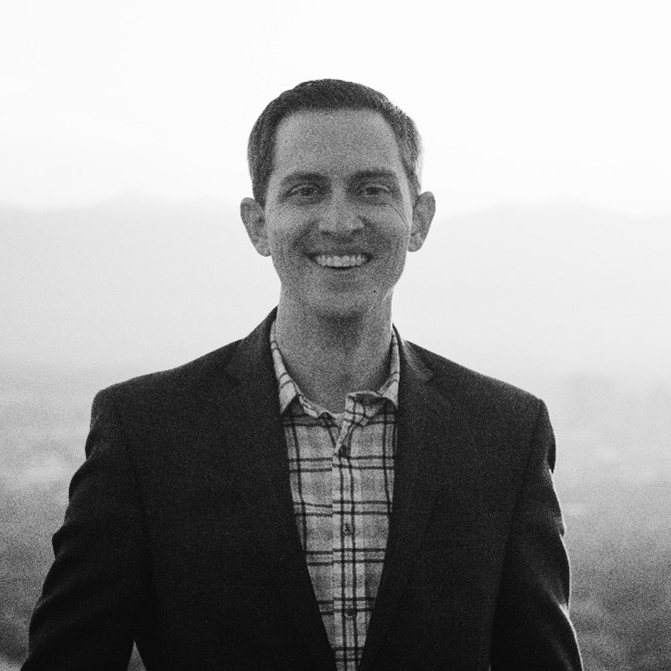
Reference Librarian, Church History Library
1. How did you History degree help prepare you for your current position?
After USU, I did graduate school for a master’s degree in library science. That, coupled with my history degree, gave me the skills needed to be a Reference Librarian at the Church History Library. I am regularly helping people to navigate history and my degree from USU provided me with the knowledge and skills to do so.
2. What is a fun or impactful memory from your time in the History Program?
A fun memory was Dr. Len Rosenband performing his French dance in class. It was unexpected, but brilliantly done and helped bring that part of history to life. An impactful memory, or series of memories, was again with Dr. Rosenband. I did a directed readings course with him, and I learned so much meeting with him and discussing aspects of the Napoleonic Wars in his office. He was a wonderful professor and mentor.
3. What advice would you give current History majors?
Keep a broad view on where history can take you. I honestly didn’t know what I wanted to do or where I was going to end up with my degree. Then I had the opportunity to work as a student in the USU library’s special collections and it opened my eyes to new possibilities with my history degree. I have loved being a librarian ever since.
Bria Corry
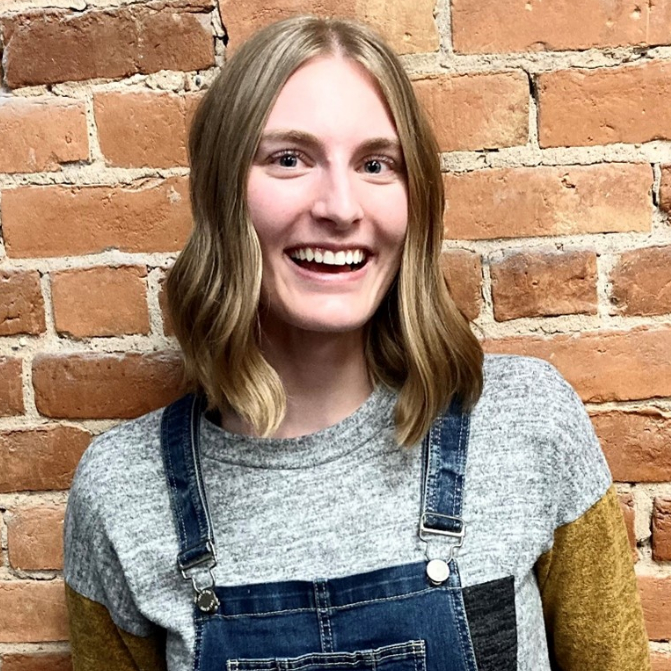
Metadata Specialist/Book Donations Coordinator, Family History Library
1. How did you History degree help prepare you for your current position?
My name is Bria Corry and I work on the library collections team in the Family History Library in Salt Lake City, Utah. Having both a bachelor’s degree in history and a master’s degree in library and information science, my education has helped me to consider the needs of professional researchers while building a library collection that is inclusive, rich, and accessible for all. Family history, as with any subdivision of history, is not static nor straightforward but dynamic and complicated. We want to help all people discover gather and connect their families—past, present, and future—so we must think beyond Utah-centric, white narratives and learn how we can serve diaspora populations, such as African Americans, Chinese-Canadians, Indo-Caribbeans, Volga Germans, and countless others. Across any timeframe and location, every life has an impact and every person has a story to tell.
2. What is a fun or impactful memory from your time in the History Program?
People often ask what my favorite era of history is once they hear about my degree. I don’t really have an affinity towards one era in particular, but I always say, “Roman History.” Why? In 2017, I took a Roman History course from a professor named Charles Oughton. I read, wrote, and studied more than I had in almost any other class, but it was clear that Dr. O loved what he taught, and I never regretted the amount of effort I put into the coursework. I can remember how it felt to analyze primary sources within the context of their creation and be able to reach my own supported conclusions about ancient historical events and decisions. I felt a sense of belonging to the history program and I felt empowered to take ownership of my learning and opinions. I guess you could say it was worth climbing all those stairs leading to the third floor of Old Main!
3. What advice would you give current History majors?
Pursue your interests and let them lead you to a career. You will always be told, “A History degree? What can you do with that?” The answer is, whatever you want! Critical thinking, a vast worldview, and the ability to ask crucial questions are skills that are used everywhere. If you want to teach, teach. If you want to work in a library or an archive, do that. If you want to work on a cruise ship for three months maintaining records, preserve historic landmarks and become a museum docent for another six, and spend summers giving tours of ancient cities, why not? If you want to become the CEO of your own company, go for it.
Franco Arellano

Associate Archivist
1. How did you History degree help prepare you for your current position?
The biggest skill set I picked up from my history degree was my research skills learned from the program. My professors, Norman Jones and Victoria Grieve, helped me with this as we spent a lot of time in the special collections at the Merrill-Cazier Library. Their courses really helped me understand the importance of primary sources and how to properly find/use them.
2. What is a fun or impactful memory from your time in the History Program?
There are a lot of fun memories. I really enjoyed the courses taught by Doctor Jones, and my favorite class may have been World War II in Europe. But the capstone project presentation may be the best. While kind of stressful to prepare for, it was really fun to have this small little “conference” with other history department students and present your big research paper in front of so many people.
3. What advice would you give current History majors?
What advice? I’m sure I’m not the best person to give advice, but if I had to say anything it would probably be to learn to use library resources well. The library should be your best friend when preparing for any research project or paper (especially special collections). Learning how to navigate that is a good starting point. I know when I was in school I didn’t take advantage of the library as well as I should have.









